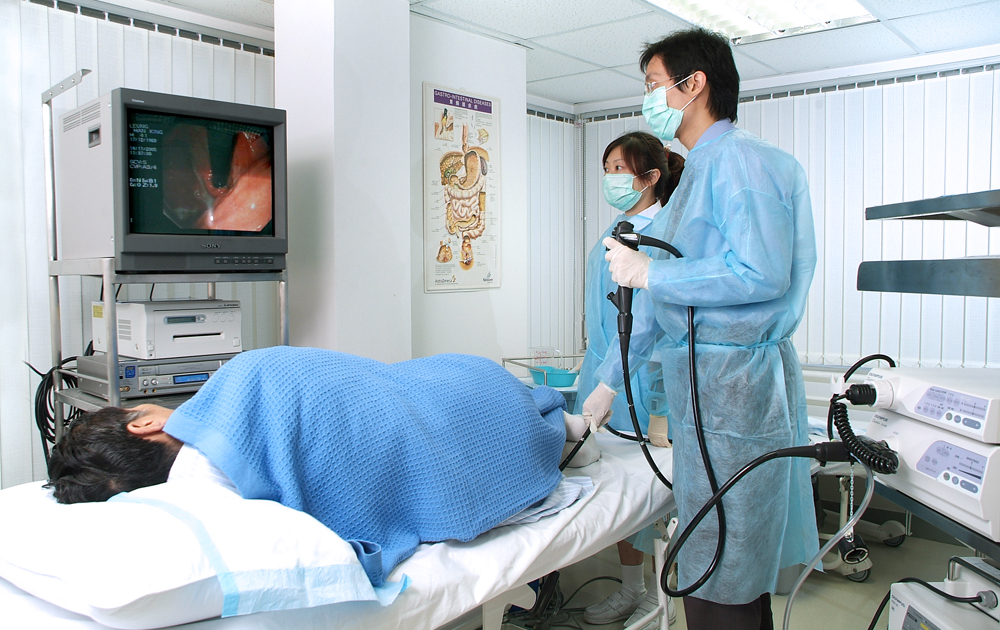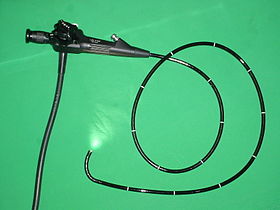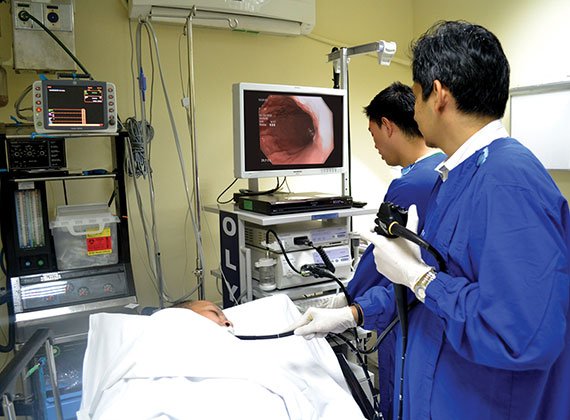It is a non-surgical procedure viewing the status of the organs deep inside the body. It helps in seeing their conditions, underlying pathology of any relevant disease. Done by an instrument called “Endoscope”.
Endoscope is a flexible tube-like instrument consisting lens with light source to visualize internal parts of body in the monitor.
Incidences of open surgeries has been decreasing due to the endoscopies advancement. It has decreased the burden of surgeries, costs, pains, infections, scar marks, long bed rests, post complications of surgeries.
Uses:
• To detect cancer (differentiate between benign and malignant)
• To take biopsies (has biopsy forceps)
• To perform endoscopic surgery (cutting tools attached to it)
Types of endoscop for various organs & parts:
• Esophagogastroduodenscopy ( for GI tract)
• Cystoscopy (urinary bladder)
• Orthoscopy(joints)
• Colonoscopy(colon)
• Bronchoscopy(bronchus)
• Nephroscopy (kidney)
• Laparoscopy (abdomen and pelvis)
• Panendoscopy (combination of laryngoscopy, esophagoscopy & bronchoscopy)

fig: credit google
Side effects:
No particular side effects. But in some patients, there may occur injury, bleeding, vomiting, infection.

